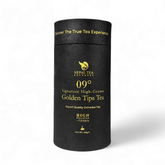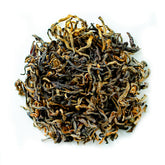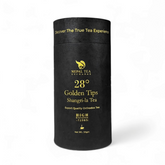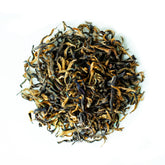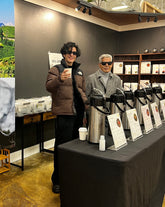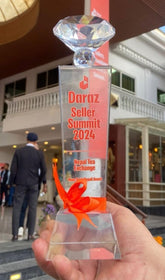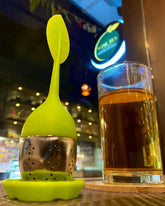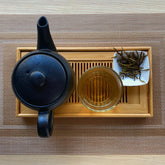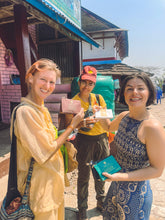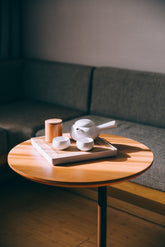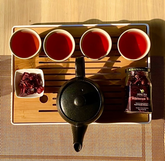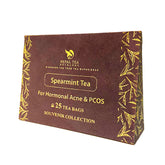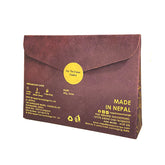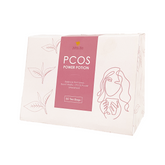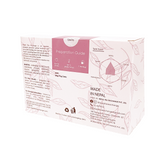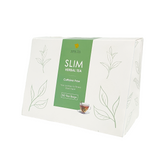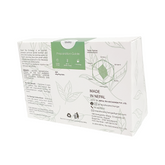This Week's Top Stories About Tea
Welcome, tea enthusiasts and curious minds alike, to a delightful exploration of the world's most beloved beverage – tea! In this blog, we embark on a captivating journey into the depths of Nepalese tea's rich history, diverse flavors, and cultural significance that spans continents and centuries.
Today, we are discussing about the stories, myths and exciting facts about tea.
Tea Contains No Caffeine
One of the most prevalent misconceptions about tea is that it is caffeine-free. While it is true that some herbal teas are caffeine-free, true tea made from the Camellia Sinensis plant, such as black, green, oolong, and white tea, naturally contains caffeine.
Decaffeinated Tea is 100% Caffeine-Free
Decaffeinated tea is not entirely caffeine-free. The decaffeination process removes a significant portion of the caffeine, but trace amounts may still remain. If you are sensitive to caffeine, it is advisable to opt for herbal teas or caffeine-free alternatives.
All Tea Tastes the Same
Another misconception is that all teas taste the same. In reality, different types of tea have distinct flavors and aromas. Black tea is robust and bold, green tea is grassy and vegetal, oolong tea is complex and aromatic, and white tea is delicate and subtle.
Tea Has The Power To Cure All Ailments
While tea is often associated with various health benefits, it is not a magical cure-all. While certain compounds in tea may offer potential health advantages, it's important to approach tea as part of a balanced and healthy lifestyle. It is not a substitute for medical treatment or a guaranteed remedy for serious health conditions.
Now let's discuss about exciting stories and facts about tea:
Tea Was Founded By Accident
Legend has it that the discovery of tea can be attributed to the Emperor Shen Nong of ancient China, who lived during the 27th century BCE. Under the shade of a tree, while boiling water, a few leaves from the tree accidentally fell into the pot. The resulting infusion created an aromatic and refreshing beverage that captivated the emperor's senses. This legendary event marks the beginning of tea's remarkable journey.
How cool is that.
Tea Bags Were Developed In The United States By Accident
In 1908, a New York tea merchant sent samples of his product sealed in silk bags to restaurants and cafes throughout the city. After some time, he discovered that the restaurants were brewing his tea directly in the silk bags to save time. This method of brewing immediately caught on.
Nepal Has Some Of The Rare And Limited Edition Teas.
Nepal tea offers the allure of rare and limited edition Himalayan Mountain teas. Some tea gardens in Nepal produce small quantities of specialty teas, carefully crafted and often handpicked from select sections of the plantation. These teas, known for their exceptional quality and exclusivity, are highly sought after by tea connoisseurs around the globe.
Live example can be Signature High Grown Nepal- High Quality- Golden Tips 1st Class and Signature High Grown Nepal- Silver Tips Special White Tea which is premium in quality. They are considered as the simplest, rarest and most exquisite of teas.
|
Check out our Golden Tips .and Silver Tips.
|


